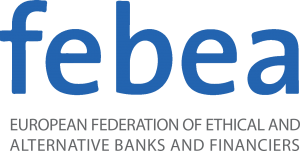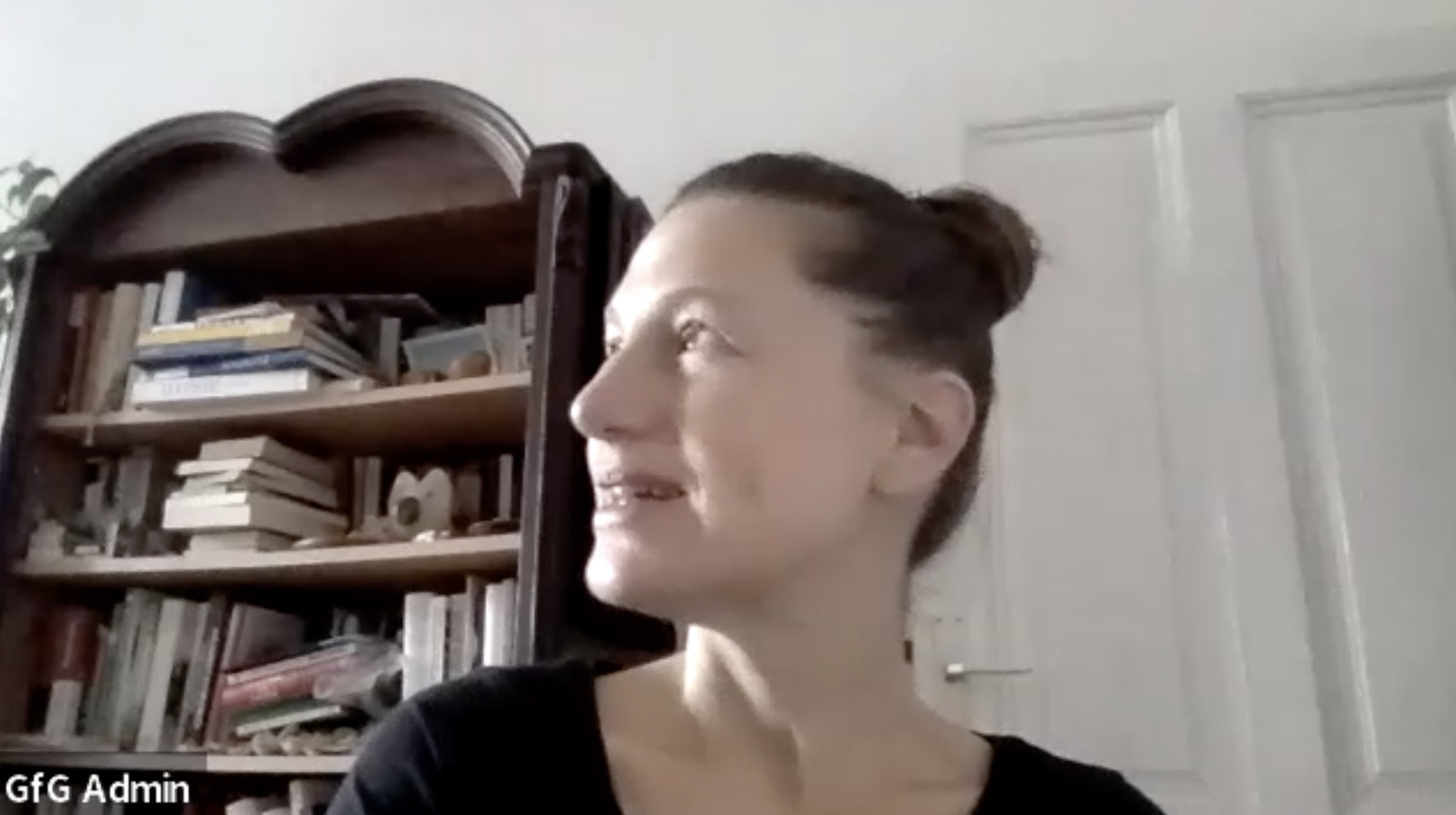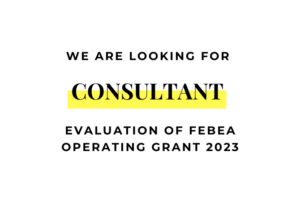When talking about innovation, we are talking about making things different. Looking for a new perspective, mending errors, and finding new ways to develop our society. If a new project wants to change the reality we live in, if an idea intends to change the world for the better, we need to make sure to change the roots of the problem, otherwise, we will be going back to the problem all over again.
FEBEA, The European Federation of Ethical Banks and Alternative Financiers, along with its members FESCOOP, Genossenschaft fur Gemeinwohl, and CRESAÇOR are building an investment platform for the AURORAL project where supply and demand for financing the pilots can meet.
“AURORAL contributes to increase economic growth and create jobs in rural areas and to address significant societal challenges, contributes to bridge the digital divide between rural and urban areas and to develop the potential offered by increased connectivity and digitization of rural areas”, explains Rui Machado, from CRESAÇOR, a non-bank cooperative that is responsible for the operationalization of the Microcredit measure in the Autonomous Region of the Azores, through its entrepreneurship, training, and microcredits.
Joana, from the Portuguese institution, FESCOOP adds: “FESCOOP is FEBEA’s third-linked party. Our role is to help FEBEA to create an investment platform where the supply and the demand for finance meet. The special contribution of FEBEA, and its team, in this project, will be to put ethics into this investment platform”.
Christina Buczko works in the Cooperative for the Common Good in Viena, Austria. This entity, a member of Febea as well, intends to use the money as a tool to achieve the Common Good. Regarding the best outcome of the project, according to Buczko, this will be, on top of the platform actually working, “underlining the necessity not just the sustainability criteria, but also to include the ethical principles. Not to focus so much on sustainability, which is mostly seen as ecological sustainability, but underline the ethical aspects. I believe that would be an added value Febea members can bring to the table”.
Understanding where the money “comes from” and not only where money “goes to” is an important principle of Ethical Banking. Putting money into sustainable and ecological projects is important, but we would need to watch carefully if that money does not come from institutions that make a profit through investing in fossil fuels or the weapon industry.
Why are ethical banks the best bet on this?
Food waste is a significant issue, with estimates suggesting that one-third of all food produced globally is lost or wasted each year. This not only has significant environmental and economic consequences, but it also contributes to food insecurity and poverty.
Ethical banks have a responsibility to use their financial resources to promote sustainable development and protect the well-being of society. Investing in food waste reduction solutions aligns with this responsibility, as it helps to address a pressing global issue.
In ethical banking, there are three principles that rule over all: ethics behind every loan or credit, transparency, and democracy. Where the money comes from is crucial to be considered an ethical bank, which usually collects money from its shareholders’ and clients’ savings. Ethical Banks put so much care into evaluating where every cent is invested and considering how that project/enterprise is going to make a positive impact in the territory, both in a sustainable and social way. In the same way, they would never accept “dirty” money from questionable activities from an ethical point of view.




